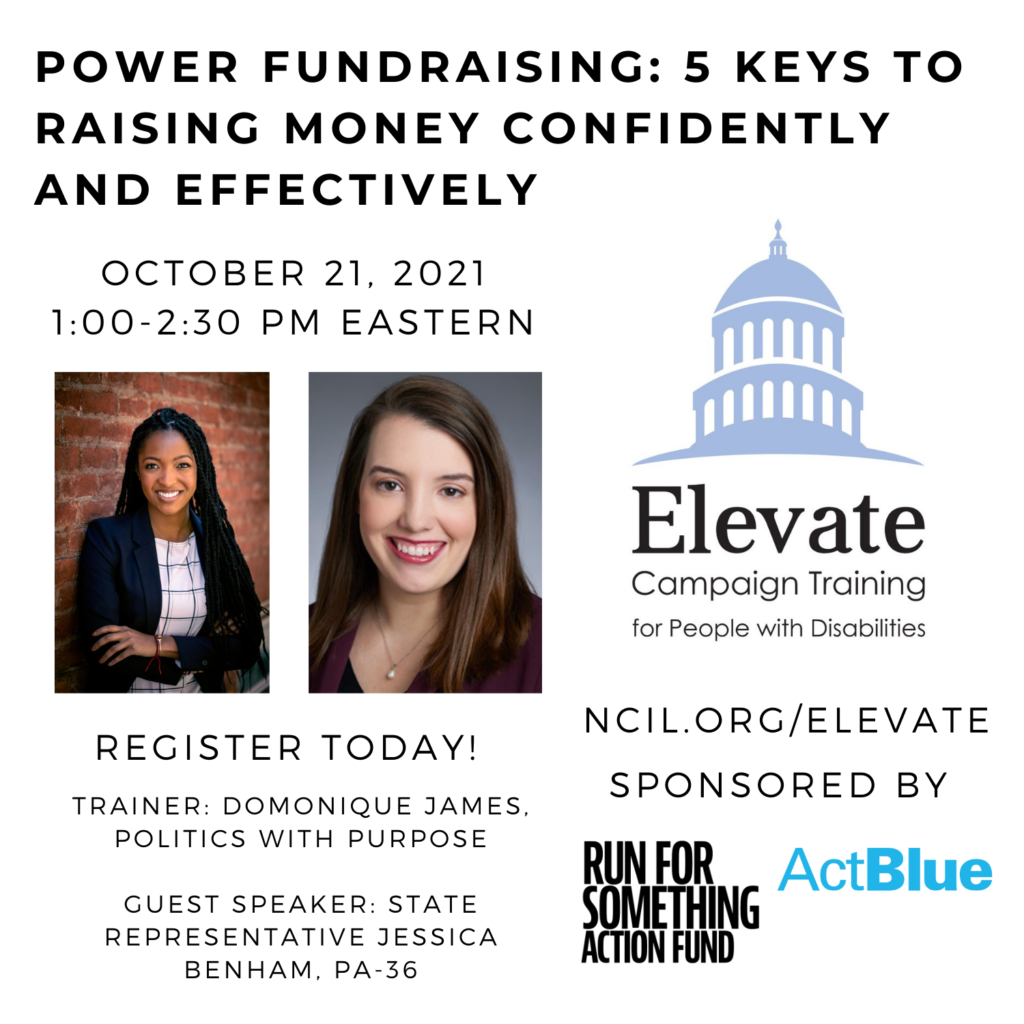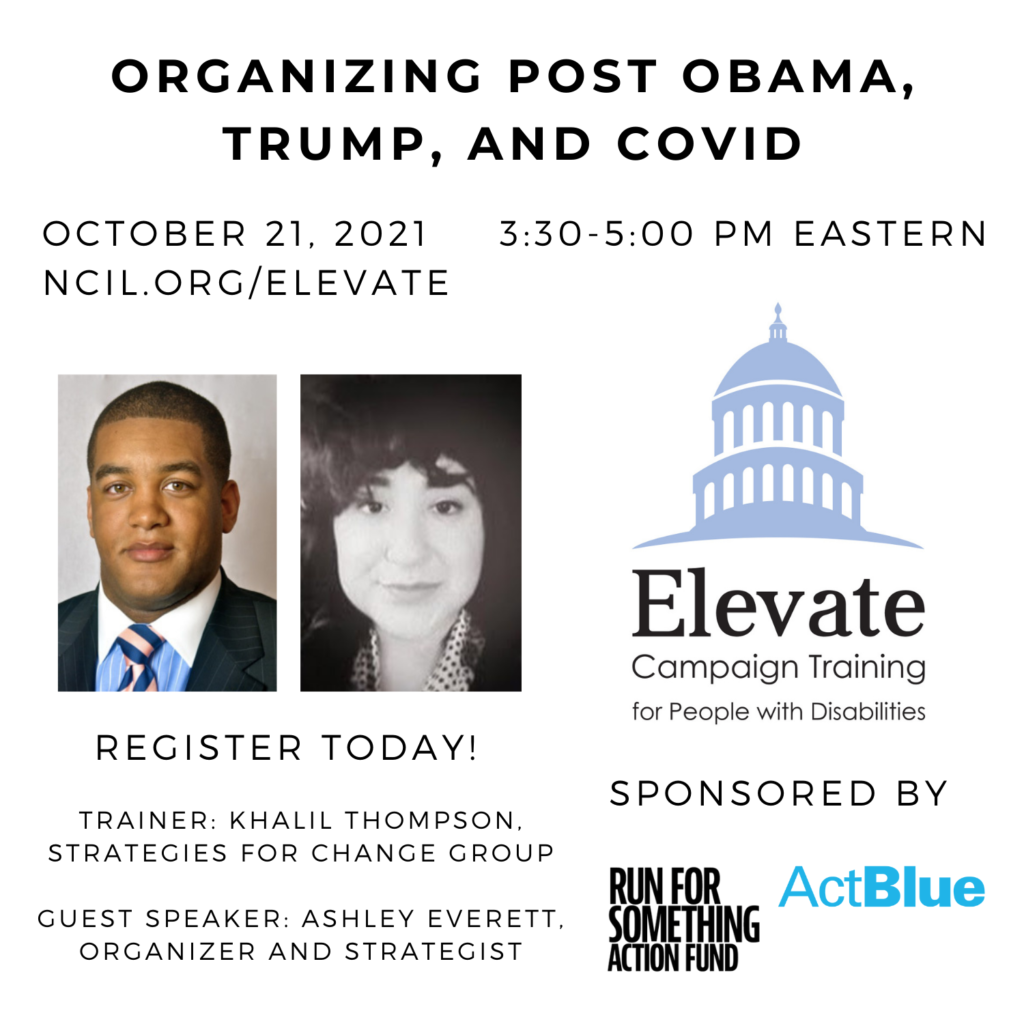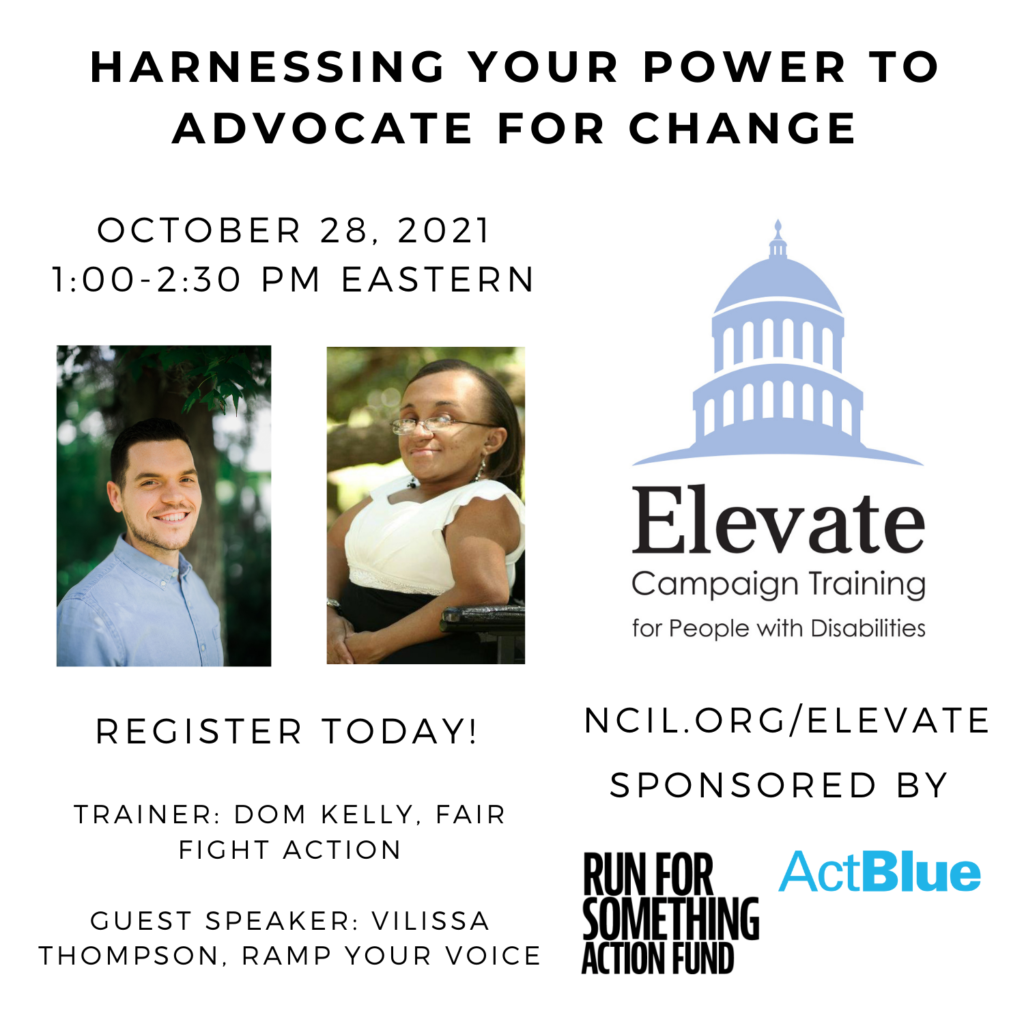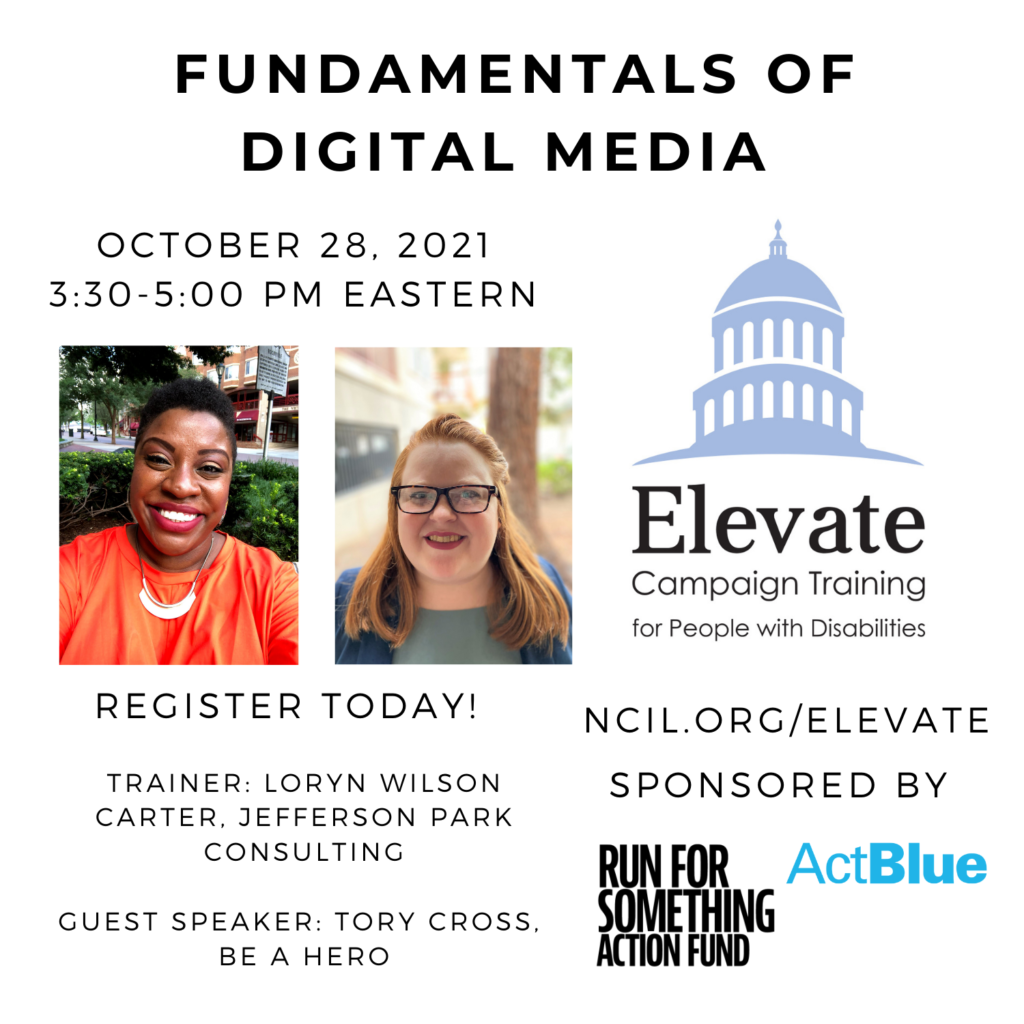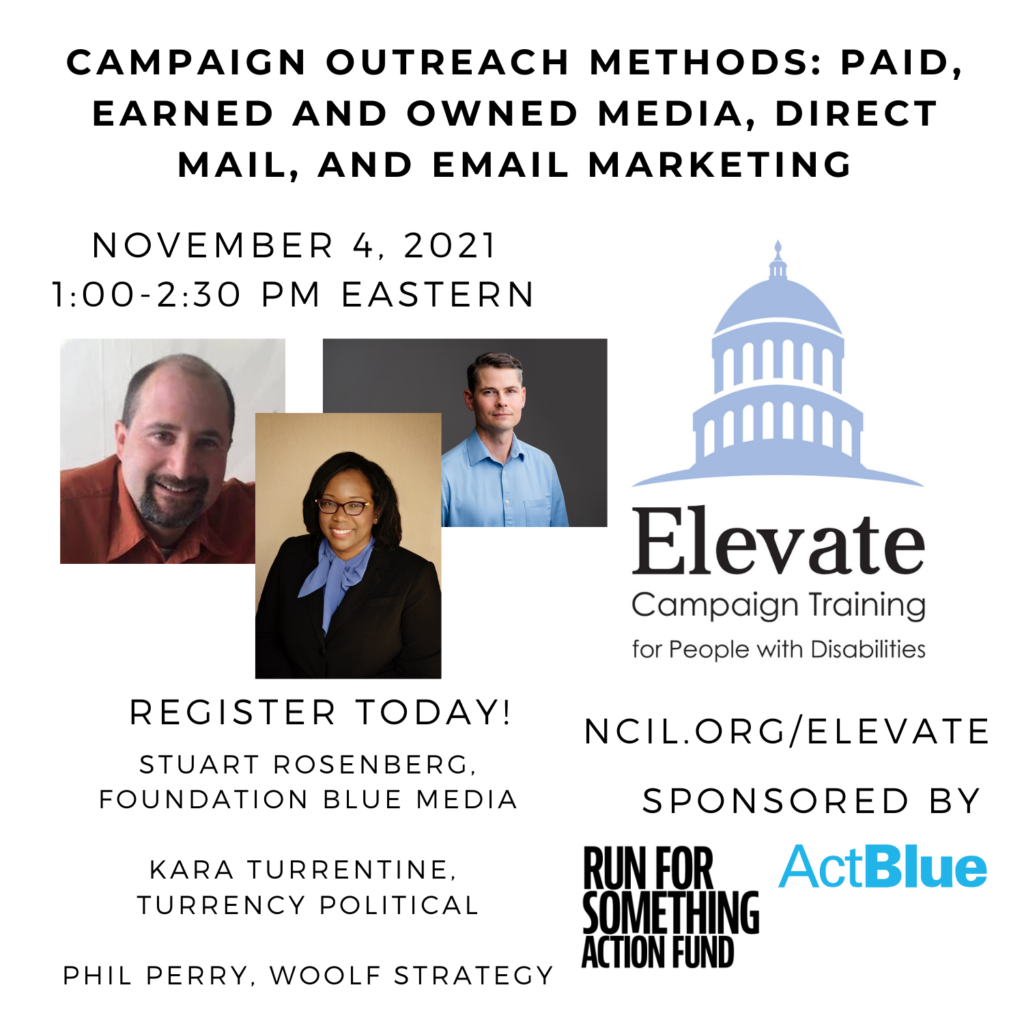As the 2022 Midterm elections approach, it is important for voters to know what they need to be able to cast their ballot. Each state has different laws and requirements for what type of voter identification voters need to bring with them to the polls.
VoteRiders is a nonpartisan, nonprofit organization that works to ensure that all citizens are able to exercise their freedom to vote. They inform and help citizens to get the voter ID that they need to bring to the polls. They also provide free services to direct service providers, such as Centers for Independent Living, to help their consumers get voter ID.
Recently, VoteRiders created a 2022 Partner Toolkit for organizations who are conducting nonpartisan voter registration and education efforts. It details the ways that VoteRiders can help in these nonpartisan voter engagement efforts.
Some of the services that VoteRiders provides:
- Voter ID Assistance: VoteRiders provides voters with logistical, legal, and financial support to secure voter ID.
- Voter ID Clinics and Virtual Voter ID Support: VoteRiders can host a Voter ID clinic or share their services and contact information with your consumers. They are able to provide voters with one-on-one assistance to obtain documents and ID.
- Voter ID Helpline and Chatbot: Voters can call or text 844-338-8743 at any time to reach the VoteRiders Voter ID Helpline. The Voter ID Chatbot is available via SMS or Facebook Messenger. These resources can provide free help to voters on obtaining voter ID.
- Voter ID Info Cards: VoteRiders has pocket-sized guides to allow voters to quickly reference their state’s voter ID rules. These cards are available in English and Spanish for all 50 states and Washington, DC. They are free to download, and VoteRiders prints and ships physical cards to registered 501(c)(3) nonprofits at no cost.
To learn about other services VoteRiders provides, and to join the VoteRiders Coalition, visit http://voteriders.org/partner or email [email protected].
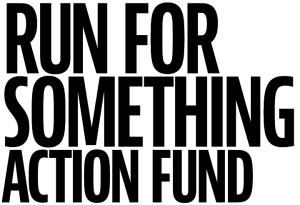

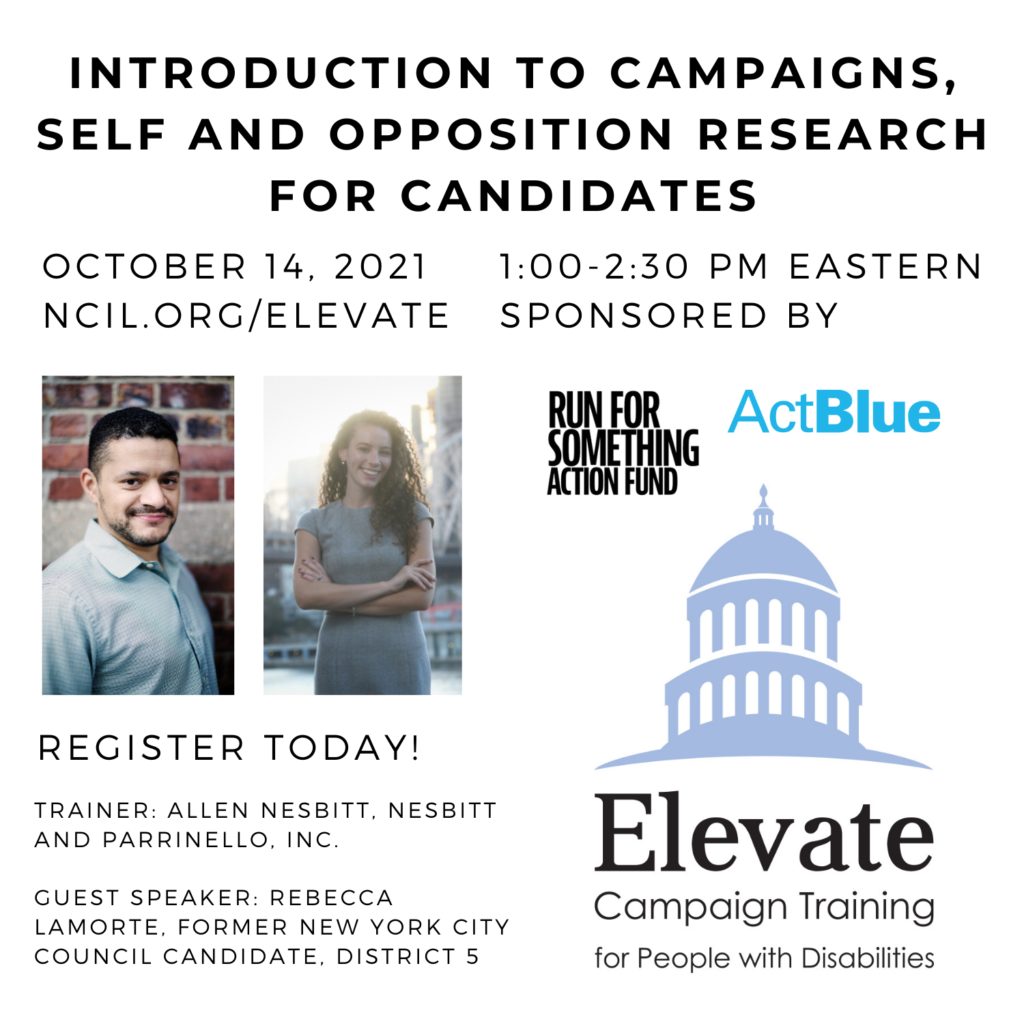
![Your Story. Your Campaign. Your Brand Online. October 14, 2021 3:30 to 5:00 PM Eastern Register Today! www.ncil.org/elevate Trainer: Atima Omara, Omara Strategy Group Guest Speaker: Congresswoman Ayanna Pressley [D-MA7] Elevate Logo: Campaign Training for People with Disabilities Sponsored by Run for Something Action Fund and ActBlue Image 1: A headshot of Atima Omara standing with her arms crossed. She wears a gray suit jacket with an orange shirt and a gold flower necklace. Image 2: Ayanna Pressley, a Black woman with a bald head, wearing red lipstick and pearl earrings. She is wearing a black suit with a white blouse, and standing in front of a tan background.](https://advocacymonitor.com/wp-content/uploads/2021/10/Course-2-Your-Story.-Your-Campaign.-Your-Brand-Online.--1024x1024.png)
